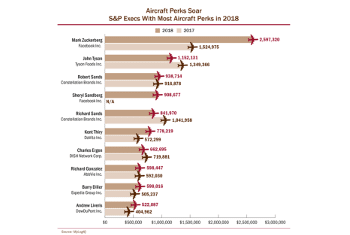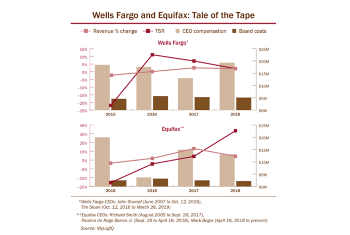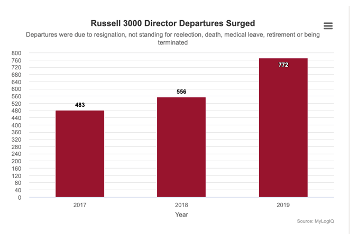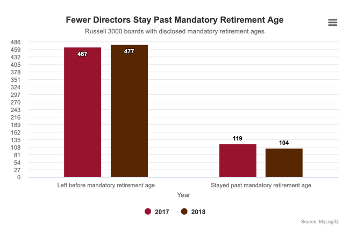Investors appear to be narrowing their scope when it comes to shareholder resolutions involving the right to call special meetings, experts say. Fewer proposals have been introduced this year, but those that have gone to a vote have seen a higher rate of support, suggesting that investors are targeting companies where they think they may be able to win.
One such company is Occidental Petroleum, which is now facing a lawsuit filed by Carl Icahn. The activist investor is demanding a books and records inspection over the energy giant’s deal to buy Anadarko Petroleum, which he opposes. The lawsuit suggests Icahn plans to call a special meeting to replace directors. A shareholder proposal to lower the ownership threshold to call a special meeting passed at Occidental’s annual meeting last month.
Similar resolutions on calling a special meeting of investors have passed at several companies this proxy season, Icahn or no.




